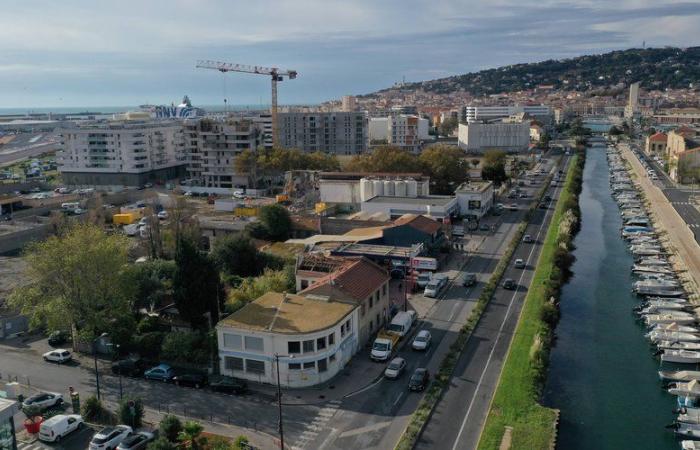Sète Agglo could take advantage of the new law adopted on November 7 to limit its supply. At stake: reducing the major difficulties in finding long-term accommodation in Sète.
The “AirBnb law”, aimed at regulating tourist constructions, was definitively adopted by Parliament on November 7. Highly requested for some time, particularly in Sète, this measure aims to better regulate furnished tourist accommodation, the market for which is overflowing on the singular island. (at the time of writing these lines, nearly 1000 accommodation offers in Sète on AirBnb for the weekend of November 23-24, Editor's note). This rental activity is, of course, necessary for local owners, but is today taking on an uncontrollable scale. Speculation and complications on access to traditional housing are the main drawbacks.
Great difficulties finding accommodation in Sète
With this law, Sète has the opportunity to move up a gear in its approach, already underway, to combating the housing crisis. In this regard, the singular island is even identified as a “tense zone”, which designates geographical sectors in which the housing crisis is very marked due to the continued rise in rents and the shortage of rental housing. The inhabitants of these areas face great difficulties in finding housing.
Last week, in the agglomeration council, councilor Laura Seguin did not fail to question the presidency about this new law. “It offers new tools to the mayor, in particular the establishment of quotas for furnished tourist accommodation. In a tense area, where there are more than 20% of second homes (Sète was in 2021 at 21.9%, the Agglo at 26.3%), it is possible to draw up PLUs which limit second homes or seasonal rentals. I would find it interesting to have a collective reflection at the scale of the Agglo. This would be a lever to explore. “
Modify the Local Urban Plan?
In the medium term, Sète, classified as a tense area, could grant itself the right to modify its local town planning plan, so that purchasing for second homes or seasonal rentals is impossible within housing programs under construction. “We ask in particular that the thousands of housing units built on the new East entrance ZAC be immediately protected, and assigned only to primary residential use”already argues the elected environmentalist Laurent Hercé. Which would also like quotas “be applied in neighborhoods already built”.
Quotas, reserves, rental days…
“It is a text for the French, for those who are looking for long-term housing and who are unable to find accommodation”underlines the Minister of Housing, Valérie Létard, on the subject of the new “Airbnb law”. This provides for the establishment of quotas for furnished tourist accommodation, areas reserved for the construction of main residences, or even the reduction of the maximum number of days of tourist rental of main residences, between 120 and 90 days. Airbnb and Abritel, which have been growing in recent years, are particularly targeted by the legislator. The main idea of the text is also to limit the tax advantages granted to owners of tourist accommodation, and to facilitate the task of communities trying to regulate the phenomenon.
In thirty years (1990-2021), the number of second homes in Sète has increased from 3,477 to 7,269, an increase of + 109%. A phenomenon that the City tackled in 2021, by choosing to increase the housing tax on second homes by 40%. After an initial assessment, this measure is bearing fruit. In 2024, and for the first time in 50 years, the figure falls (7053 in 2024). “For three years, we have noticed a stagnation in the number of second homes”notes François Escargue, finance assistant at the City of Sète.
“There has been stagnation in the number of second homes for three years”
“We have managed to limit their increasecontinues the elected official. We don't want to wipe them off the map, but on the other hand, the inhabitants who live on the territory need to be housed. We have few levers to act, we are looking for balance. It's not a war against second homes, but there are quite a few that have a speculative nature. This is what we are fighting against.”
Financial windfall for communities
Since 2022, Sète has also implemented the registration obligation for owners before renting their property. The system also works in Frontignan, Balaruc-les-Bains and Marseillan. And if the community intends to continue the hunt for furnished tourist accommodation and second homes, the impact on its coffers is not neutral. In 2023, the platforms paid €630,000 to the City in tourist tax. Across the 14 municipalities in the Agglomeration, this amount rises to €1.2 million.
The +40% on the housing tax for second homes, in 2021, also brought €3 million in new revenue into the Sète coffers. “The tax on second homes, the rental permit… These are systems already in place, we are constantly considering”adds the mayor and president of Sète Agglo, François Commeinhes, who therefore does not close the door to a further tightening of measures.






